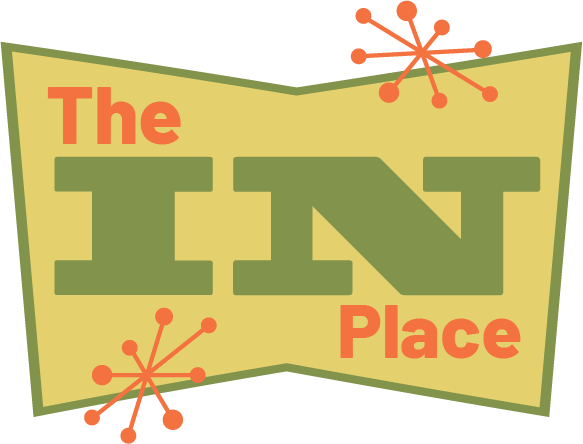Identity is an interesting thing. It is so important to who we are and how perceive ourselves and the world. Yet, it is not always rooted in fact or in the present. I can speak from personal experience when I say how difficult it was for me to transition from being a professional chef to being a professional organizer and coach. It took me quite a while to catch up psychologically to who the new me was. I held on to my chef’s pants and didn’t use my “nice” knives for a long time. It felt weird saying what I did for quite a while.
As I have reflected on this, I’ve had some revelations that I can relate to many of my clients. When I left being a chef, I was confident, accomplished, and successful. I left those feelings for something new, uncertain, unproved, and scary. There was a gap in my life where I felt somewhat without an identity until my new career/ business was up and running and successful. This was a difficult process to work through. Also, by nature of my first profession’s demands, I didn’t have a lot else in my life. I had my wife and son, but that’s about it. I didn’t have many 9 to 5 friends left, no time for hobbies or sports, and a life that was pretty unbalanced. One result was that I didn’t have many other anchors to tie my identity other than my profession.
I have notices a similar thing happen to many of my younger student clients when they start addressing their ADHD for the first time, particularly with medication. In some instances, their friends notice that they are “different.” They usually notice that they feel different as well. Of course, different isn’t necessarily a bad thing. But, when different takes away your identity without replacing it quickly, it seems like a bad thing. For example, maybe a young ADHDer is the class clown. He can’t control himself and keep still or quite. So his only option is to be funny. That becomes his identity: the funny, though disruptive kid. Well, if the medication works and he can suddenly control himself and he realizes that his disruptiveness is/was inappropriate, what is he left with? He may not be ready to be the smart kid who pays attention and gets good grades. That requires learning skills, personal development, and maturity. Unless this kid has other anchors with good friends, sports, art, music, or something else, it can seem that he has no identity. That can be scary even when it is a move in the right direction.
I don’t know if there is an answer to all of this. I would just suggest being sensitive to and aware of this potentially difficult transition.
